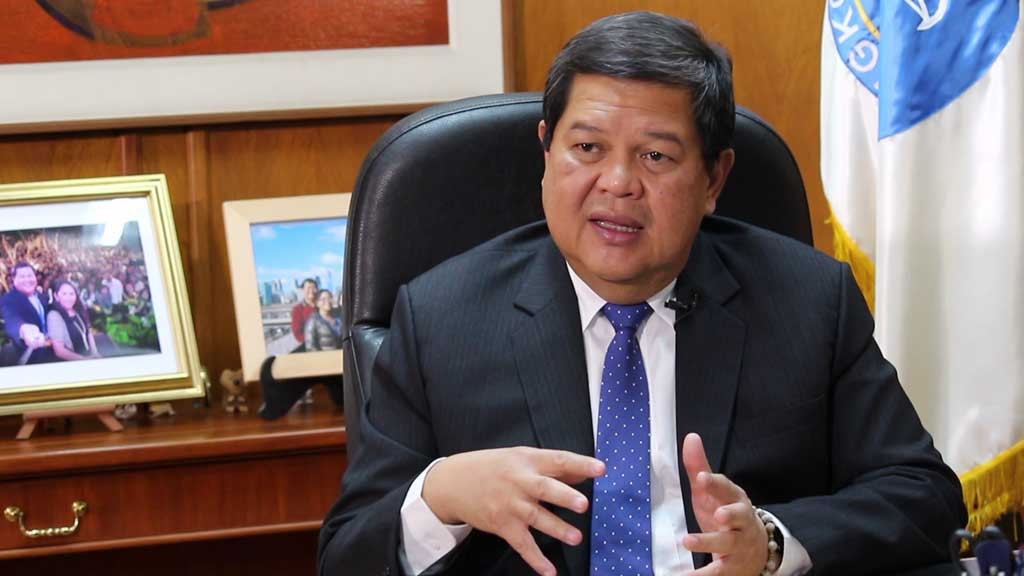
THE ENTRY of a new telecommunications provider could spur a faster migration to electronic payments, Bangko Sentral ng Pilipinas (BSP) Governor Nestor A. Espenilla, Jr. said, with connectivity issues in the Philippines seen as a “pain point” for the financial sector.
“The BSP fully supports an initiative to open up the telco business so that there will be more competition and better service delivery which will benefit the whole financial system,” the central bank chief said during a recent speech before the European Chamber of Commerce of the Philippines.
“Personally, I see a lot of value in liberalizing that as well. It is a pain point for our approach of promoting digital delivery of financial services because of infrastructural issues.”
Mr. Espenilla has been actively pushing for the Nation Retail Payment System (NRPS), with the goal of shifting more cash-based transactions onto digital channels to fast-track access to money while also trimming the cost of fund transfers and remittances.
The BSP announced the NRPS project in 2015, with banks and e-money issuers now working to set up the PESO Net clearing house for high-value electronic fund transfers by next month.
The automated clearing house will sprout from the existing Philippine Clearing House Corp., which will employ batch processing for digital payment instructions. The reform is eventually seen to replace paper checks.
Another clearing house called the InstaPay – which will process real-time credit for online settlements worth P50,000 or less within and across banks – is also in the works.
However, Mr. Espenilla said slow Internet speeds and connectivity issues have been a constraint in promoting a wider use of electronic payment platforms in the country.
“The trust issue is partly founded on the matter of reliability of services. So even though there is capability, if it cannot be depended upon then people will hesitate to move to a different way of doing financial services,” the BSP chief added.
President Rodrigo R. Duterte has vowed to open the telecommunications industry to new players to “promote competitiveness and improve quality of service.” Economic managers are looking to open up the sector by proposing changes in the foreign investment negative list, which is currently under review.
Currently, PLDT, Inc. and Globe Telecom, Inc. maintain a duopoly over the Philippine telco industry.
In his visit to Manila last week, Chinese billionaire and tech magnate Jack Ma said he is rooting for the Philippines’ transition to a “cashless society” – a feat largely in line with his vision for his company Alibaba Group Holding Ltd. However, he lamented that Internet speeds in the country are currently “no good” to support wider e-commerce.
Melissa Luz T. Lopez | Senior Reporter
Image Source: Jino Nicolas | Business World